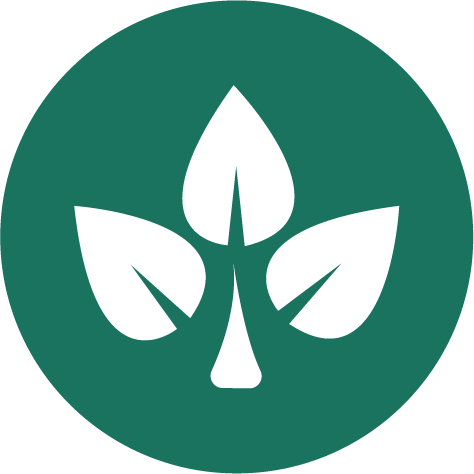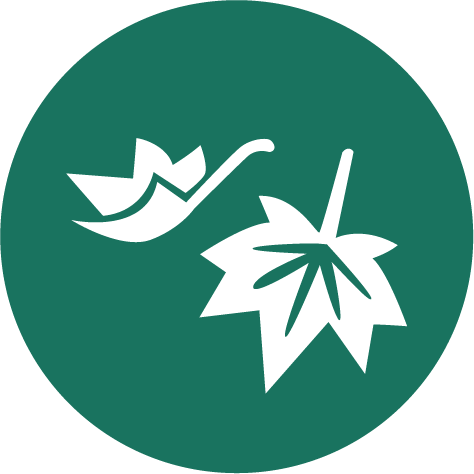 Natural Resources & Environment
Natural Resources & Environment Online at your own pace
Online at your own pace Fall Term
Fall Term $1 - $500
$1 - $500 English
English
This course prepares learners for the low-carbon economy by introducing them to the principles of a circular economy and waste management. By understanding and applying technologies and strategies for waste reduction, diversion, and sustainable practices, students are equipped to contribute to reducing environmental impacts and fostering a low-carbon future.
Learners will:
Locate and identify waste generated by all activities within the province, and evaluate its impact on all aspects of human endeavor:
Summarize the current function of various levels of government in waste control and management:
Identify current technologies used and discuss the role of technological innovation in waste management:
Discuss Ontario’s place in the national and international community regarding waste management, and explore the waste-free Ontario strategy initiative:
Explain what it means for people to live responsibly and reach their potential towards reduction of waste and building a circular economy:
Ontario continues to generate more and more waste; historically, three quarters of this waste has been discarded. In this course, learners are introduced to the tremendous environmental and economic opportunities that exist to embrace resource conservation ideology and a circular economy – a system in which products are never discarded, but reused, recycled and reintroduced into new products. With interactive activities, videos, and gaming; learners identify concepts and technologies to make informed decisions regarding waste management. Learners reflect on material learned, connect it to their own personalized industry or interest, and locate innovation and entrepreneurship opportunities.
 Fall Term
Fall Term